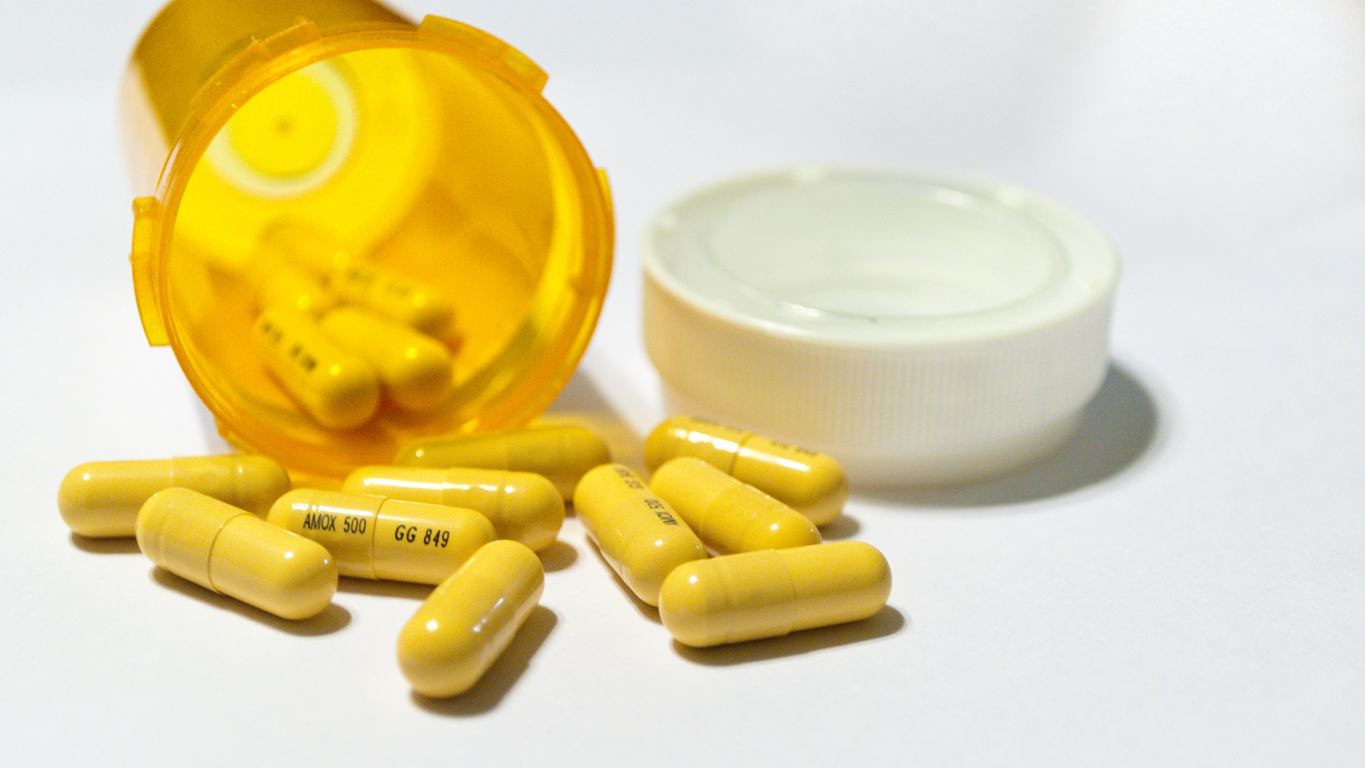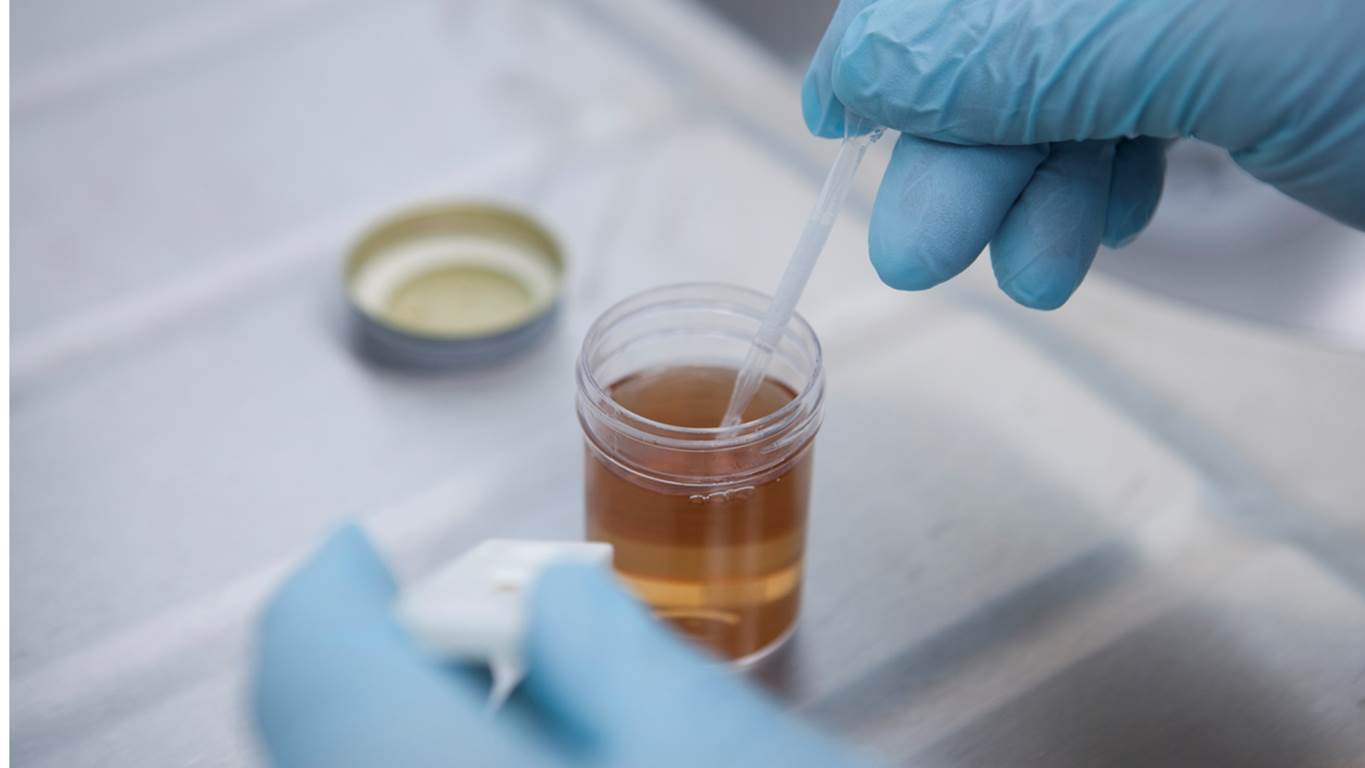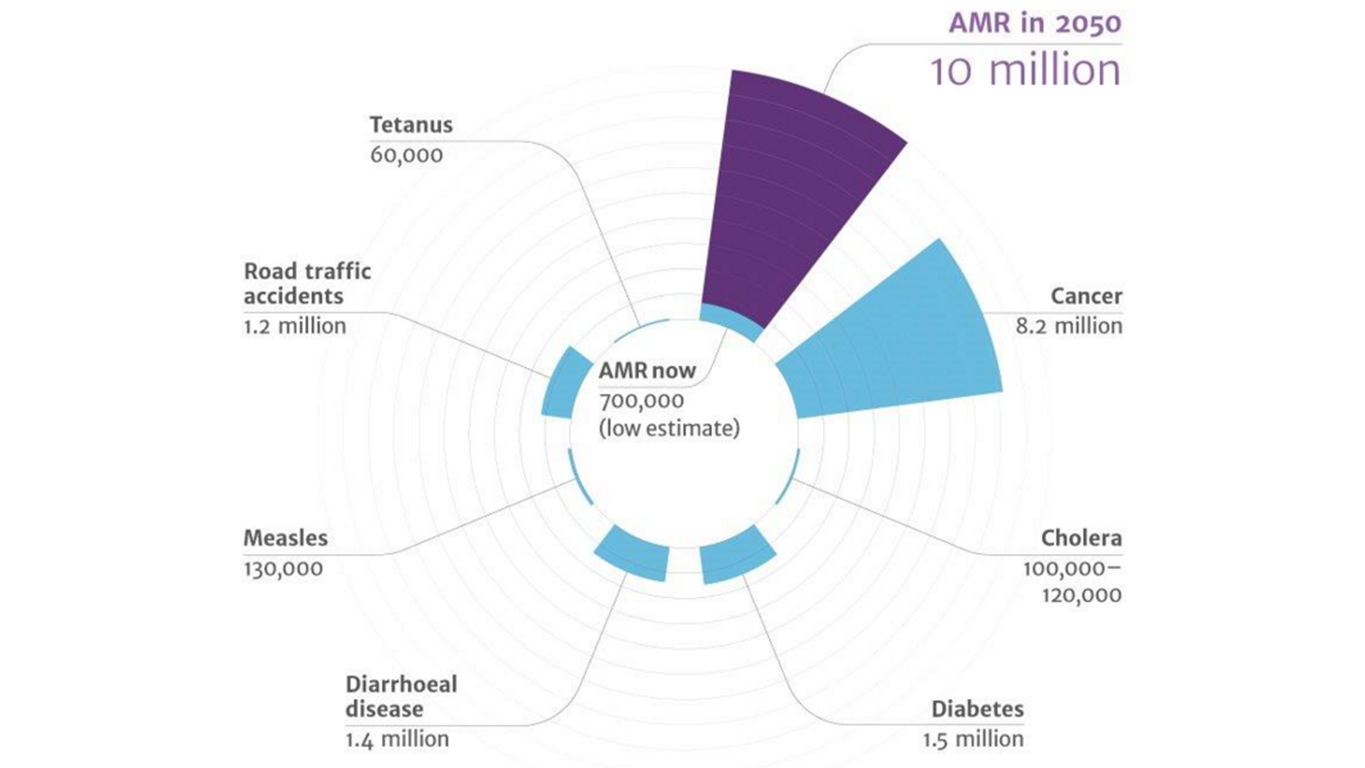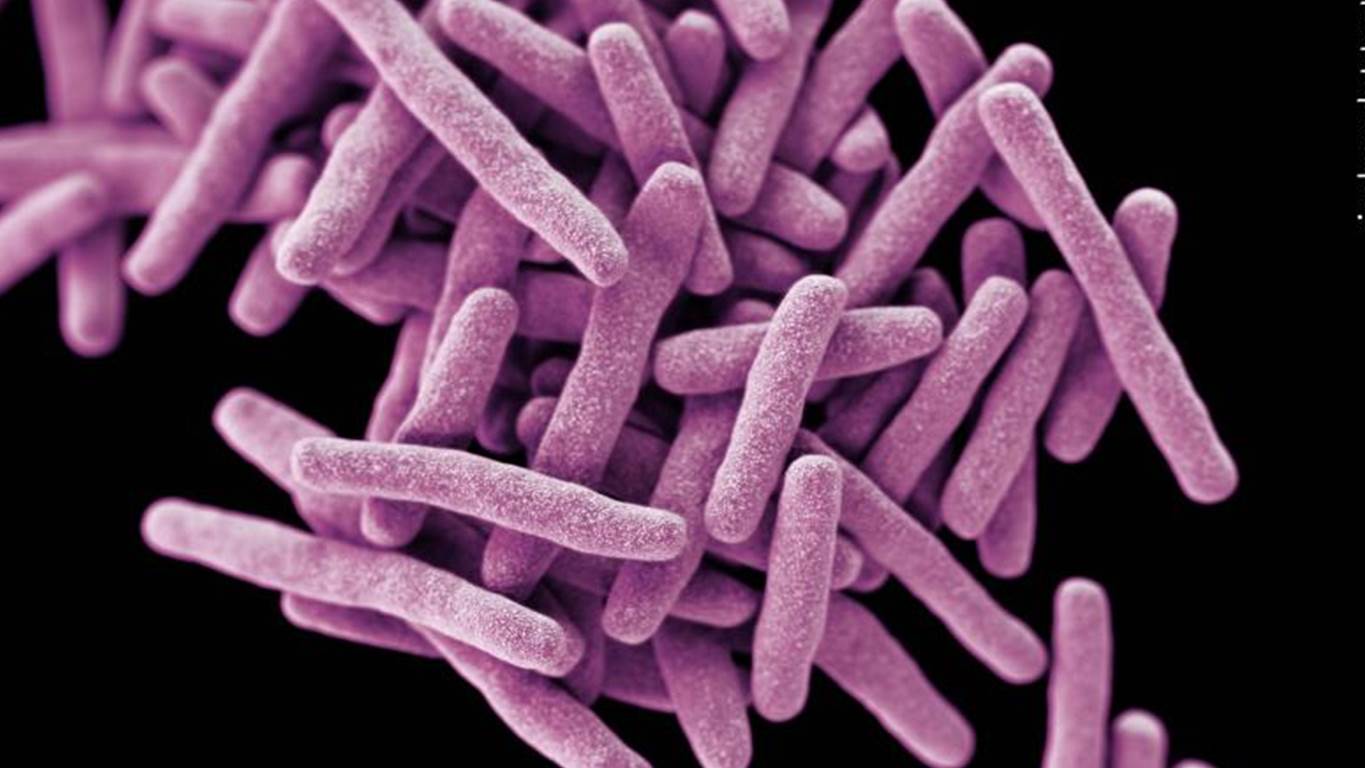Have you read our ‘10 reasons you should be worried about antibiotic resistance’ blog? Well, here are 7 more reasons all equally worthy of your concern.
Antibiotics are essential for treating many infections but they’re losing their effectiveness. Bacteria are fighting back by adapting and finding ways of surviving the effects of our medicines.
The bugs are smart – they can naturally become resistant to antibiotics over time but we’re making it worse because of overuse and misuse of our medications. This is already a risky situation and it will only get worse if we don’t take urgent action.
1) Cystitis superbugs! The commonest of infections could become untreatable
It’s very common for women to suffer with cystitis but it’s usually more of a nuisance than a cause for serious concern. Mild cases will often get better by themselves within a few days. Right now though, urinary tract infections (UTIs) are becoming harder to treat as the bacteria are becoming resistant to antibiotics. Women are facing hospital stays or injected antibiotics for UTIs that would have once been cleared up by a packet of tablets.
2) Antibiotic-resistant bacteria could kill more people than cancer
An influential study on antimicrobial resistance has warned that drug-resistant infections could kill an extra 10 million people across the world every year by 2050 if they are not tackled. That’s more deaths that are currently caused by cancer. But don’t forget this isn’t just a problem for the next generation as antimicrobial-resistant infections currently claim at least 50,000 lives each year across Europe and the US alone, with many hundreds of thousands more dying in other areas of the world.
3) Antibiotics kill good bacteria in your body
Antibiotics are essential for some infections and they save lives, but taking them does have implications. When we take antibiotics, they kill healthy bacteria. They allow the bacteria that are resistant to the antibiotics you have just taken to become dominant. This means that further down the line when you DO need an antibiotic, it is less likely to work. Bacteria live in all of us and outnumber our human cells tenfold, and the majority of these bacteria are essential as they help us digest food, produce important vitamins and keep up our immunity. It’s vital to our wellbeing that we have these good bacteria, but each time we take antibiotics, we kill many of them. It can take a long time - from months up to years - for the good bacteria to recover.

4) Recent figures have outlined the mind-boggling economic cost of superbugs
$100 Trillion! It sounds like too much money to even comprehend, but research has shown that by 2050 drug resistant infections could cost the world around $100 trillion in lost output: more than the size of the current world economy, and roughly equivalent to the world losing the output of the UK economy every year, for 35 years.

5) A course of tablets may not cut it anymore
It’s easy to be complacent about bacterial infections and think a prescription and some pills will solve the problem. But antibiotic resistant bacteria present new and vastly different challenges for doctors and patients. When people are infected with drug-resistant bacteria the antibiotics doctors try often fail. Stronger and more expensive drugs may be tried for longer, and hospital stays become necessary. And already, sadly, some patients die. Previously trivial infections are now coming with a huge human and economic cost.
6) These TB stats are scary, and more relevant than many people will think
In 2013 there were 480,000 recorded cases of multi drug-resistant TB (TB that can’t be treated by our usual medicines). TB is a bacterial infection that can spread through the lymph nodes and blood stream to any organ in your body. It commonly affects the lungs and while a lot of people might not consider it to be an issue in the UK, or think it couldn’t affect them, this isn’t true. 37 million lives worldwide have been saved by antibiotic treatment for TB since 2000. In some countries, it is becoming increasingly difficult to treat MDR-TB. Treatment options are limited, recommended medicines are not always available, and patients experience many adverse effects from the drugs.
7) “Last resort” antibiotics may not work
Alongside cases of multi-drug resistant TB mentioned, gonorrhoea is also causing major problems – 10 countries across the world have reported treatment failures when using “last resort” medicines. There are worries that gonorrhoea may soon become untreatable as no vaccines or new drugs are in development. And resistance to the treatment of last resort for life-threatening infections caused by common intestinal bacteria has spread to all regions of the world.
What can we do about it?
This problem affects us all and we can all do something to help. You can take a simple personal action by visiting our Antibiotic Guardian website and choosing one pledge that you will carry out to help save these vital medicines. There are pledges for the public, healthcare professionals and leaders.
Image credits:
1- NHS Library
2- AMR review
3- Sheep Purple
4- Images Money
5- rltherichman
6- (CDC)
7- Wikimedia





